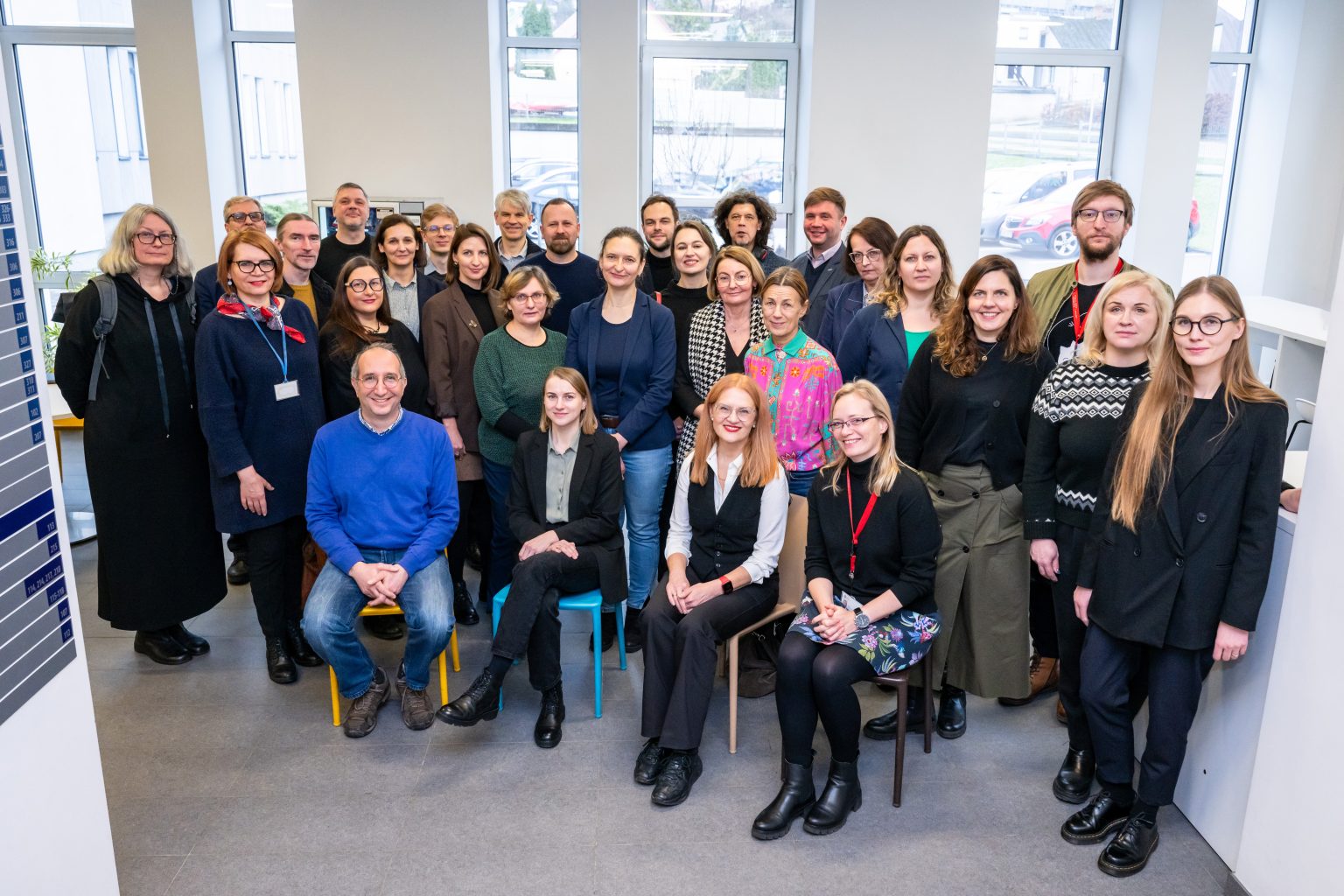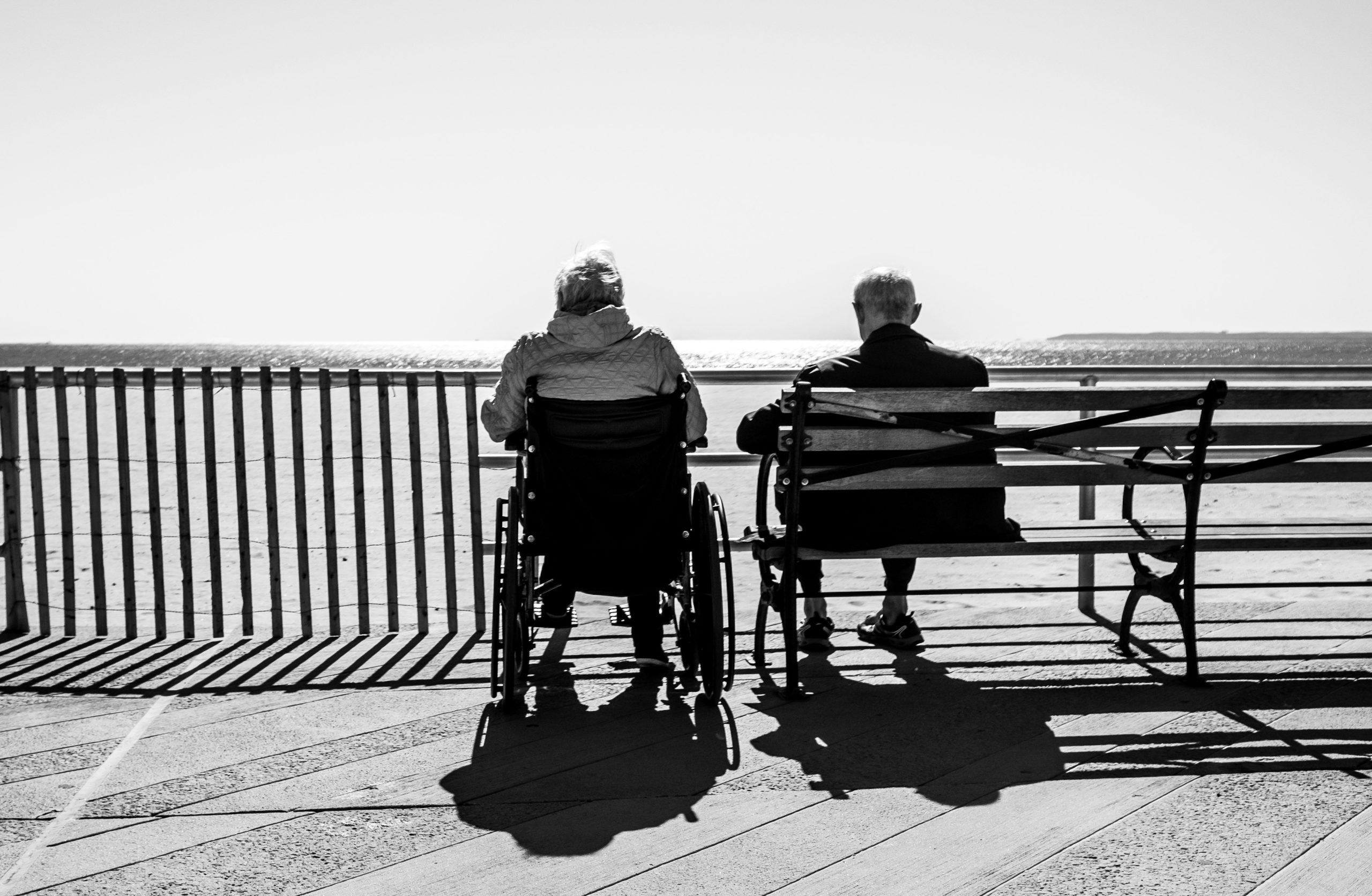In 2024, Vytautas Kavolis Transdisciplinary Research Institute experienced breakthroughs and active scientific activity. It was a remarkable year marked by important initiatives, the development of transdisciplinary dialogue and the growing involvement of the academic community.
Research Projects and Publications
In 2024, the Institute’s researchers carried out 15 research projects. The newly approved projects included both national and international initiatives funded by the Research Council of Lithuania, the European Commission’s Horizon 2020 program, and other research programs. Among them were four social science data infrastructure projects included in the Lithuanian Research Infrastructure Roadmap, the Institute’s Acceleration Project, and the SHARE project on aging research infrastructure launched in cooperation with Lithuanian universities. Three national research projects supported by the Research Council of Lithuania were funded: on the impact of socialization on the financial resilience of young enterprises, on the discursive interplay between religion and politics in contemporary Lithuania, and on the heritage of the Holy Cross (Carmelite) Church in Kaunas. Together with international partners, projects were launched to study the impact of the information environment on democracy and to create an educational environment free of gender-based violence. Three fellowships were awarded for postdoctoral research in the areas of creative industries, education and demography, and art history.
A total of 103 high-quality scholarly publications were published. Many of them appeared in first and second quartile journals listed in the Scopus and Clarivate databases. The publications not only reflected the quality of the research, but also contributed to the preparation of the 2028 R&D performance assessment.
Events, Training and Public Lectures
The Institute also organized academic conferences and public events. Among the most notable events were the international academic conference “Monastic Life in Lithuania: History and Perspectives” and the Baltic Demographers’ Meeting. An international seminar on transdisciplinarity was organized in cooperation with researchers from the University of Helsinki, and two public lectures were held on 19th-century Kaunas society and the significance of rock subculture for political change. The international exhibition “Pacai. Lelijos istorijos sode” (Pacai. In the garden of Lelija’s history) attracted great public interest.
Attention was also paid to the training of young researchers. Eight workshops were organized during the year to develop methodological, communication, career planning and project application skills. These workshops helped to strengthen the skills of researchers and promote their internationalization and innovative approach.
Expert Activities
In order to increase the impact of science beyond the academic community, in 2024 the Institute’s researchers held expert or advisory positions in various national and international scientific institutions. Twenty-four researchers worked as experts for the Research Council of Lithuania, eight researchers were members and experts in EU science and art programs, and three researchers are honorary members of foreign academies.
Finally, in 2024 the researchers of the Institute also received important awards. Dr. Milda Morkevičiūtė won the 2024-2025 LMA Young Scientists Scholarship and Award, Assoc. Prof. Dr. Liudas Glemža received the Kaunas Science Award, Prof. Dr. Milda Ališauskienė was awarded by the Ministry of Justice of the Republic of Lithuania for protecting, strengthening and promoting human rights in Lithuania, Prof. Dr. Rasutė Žukienė received the “Golden Muse / Golden Badge” Award for Creative Achievement of the Year from the Lithuanian Artists’ Union, and Prof. Anna Sylwia Czyż received the Gloria Artis Medal from the Polish Ministry of Culture.
The Institute’s growing potential
To sum up, 2024 demonstrated the growing potential of the Institute. Well-established research projects, publications, international cooperation, and active participation in academic and public life provide a solid foundation for further development and strengthening of the Institute’s activities.


